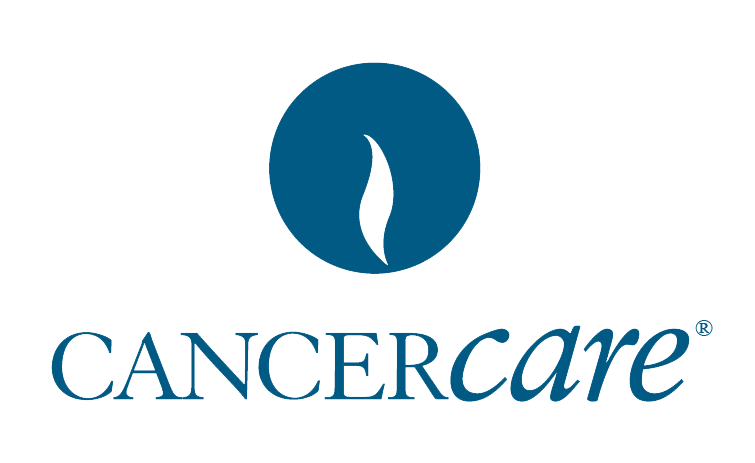
OncologyLive: Caregiver Connection
- OncologyLive: Caregiver Connection® February 2023
- Volume 1
- Issue 1
Talking With Patients About Potential Cancer Misinformation

Oncology nurses can help their patients navigate misinformation that they may find online.
In the age of social media, misinformation of all kinds is now more easily spread than ever, whether it is intentionally spread or not. Unfortunately, misinformation about cancer is no exception. Although most false information may seem obviously fake to those in the health care industry, it can be hard for the average person to discern fact from fiction. For patients who are scared of their cancer growing or recurring, taking matters of research into their own hands is often an intuitive choice. Therefore, conversations about misinformation are becoming increasingly relevant.
There are many different myths and unproven claims related to cancer—causes, ways to prevent it, and alleged cures alike. A few of the most common specific claims include the following:
- Aluminum-based antiperspirants cause breast cancer.1
- Eating sugar “feeds” cancer and causes it to grow.2
- Cancer can be cured by eating a particular diet (e.g., Gerson therapy3, ketogenic diet4) or cured by consuming particular herbs or supplements (e.g., Vitamin C infusions alone,6).
All of the above claims, along with many others, have either been proven false, oversimplify a complex or unclear cause-effect or, in most cases, have insufficient information to establish as either true or false. Ambiguity and misleading personal anecdotes can make it easier for misinformation to spread.
There are a few important things providers can do to better support patients who have concerns about lifestyle, environmental risks, or potential alternative therapies.
Validate and provide emotional support. It is imperative to appreciate the perspective of a patient who is concerned about their cancer risks. Many patients do not know how or why their cancer developed. This lack of known cause and effect can often be emotionally destabilizing, as the trust they had in their bodies is now broken. Those worried about future cancer risk are often motivated to maximize their chances either of curing their present cancer or preventing a future diagnosis. Oncology workers can create a safe, nonjudgmental space for patients to voice their questions or concerns about potentially false cancer information they’ve learned through social media or well-meaning loved ones. These professionals can empathize with the fear and confusion that contradicting information can create, especially for the cancer patient with a course of treatment already underway. Building this rapport will allow the patient to feel more comfortable bringing up additional concerns in the future, both relating to popular cancer claims and in general.
Provide any available, accurate information. When health care providers come from a place of empathy and understanding, they are able to empower clients with accurate health information. The
When helping patients learn how to better identify potential misinformation, there are a few questions for patients to ask when assessing a claim for validity, whether a social media post, article, or other means of communication.
- Who is presenting this information? Does the individual presenting this information have any professional background in cancer or cancer research? If the post was not written by a specific person, is there an organization connected to the post? Is this organization known within the cancer community to be a reputable source of information?
- Is the individual or online post appealing to your emotions? Appealing to emotions is a common tactic among those who purposely spread misinformation. Research suggests that those who rely on emotion over reason are more likely to believe false information.
- Does the individual or post cite a source, or do they rely on personal anecdote? When a loved one offers a suggestion, it may be easier to take them at their word due to established trust. But even outside of that personal relationship, it’s important to know where they learned such information as they too may have picked up false information.
- What motivation does the source have to share this information with you? Although most individuals share information in good faith, others may have a more selfish reason to convince you of certain information. Unfortunately, there are those that use sickness of all kinds, including cancer, for personal financial gain or to collect personal information.
Additional information on deciphering cancer information online or through social media can be found on National Cancer Institute’s website
References
1. Antiperspirants/deodorants and breast cancer. National Cancer Institute. August 9, 2016. Accessed November 29, 2022.
1. Does sugar feed cancer? Dana-Farber Cancer Institute. Accessed November 29, 2022, from
3. Gerson Therapy (PDQ®)–patient version. National Cancer Institute. January 7, 2015. Accessed November 29, 2022.
4. De Santis, Andy. Dispelling the 3 most common cancer and Diet Myths. American Institute for Cancer Research. February 9, 2022. Accessed November 29, 2022.
5. Intravenous vitamin C (PDQ®)–patient version. National Cancer Institute. June 24, 2022. Accessed November 29, 2022.
6. Cannabis and cannabinoids (PDQ®)–patient version. National Cancer Institute. October 14, 2022. Accessed November 29, 2022. https://bit.ly/3CpTGeq
Edited January 6, 2023
Articles in this issue
Newsletter
Knowledge is power. Don’t miss the most recent breakthroughs in cancer care.
























































































